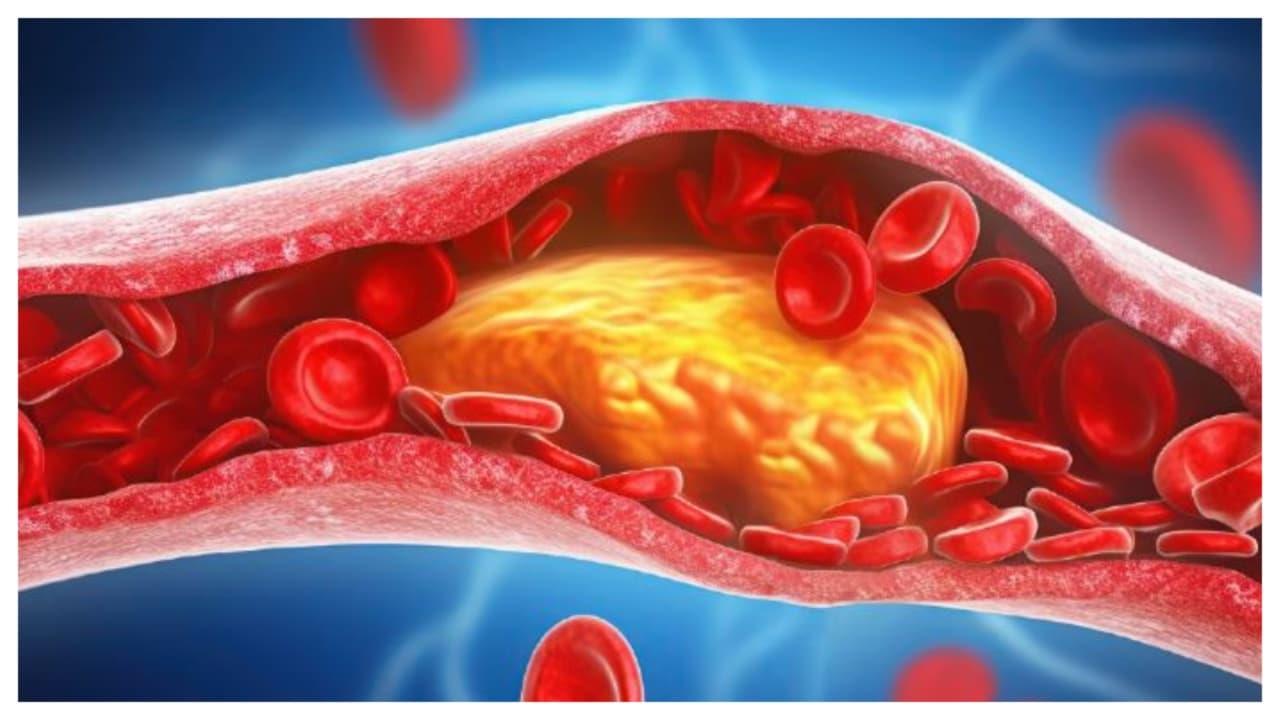
Everyday Habits That Secretly Spike Your Cholesterol: 7 Things To Know
Cholesterol is a fat-like substance essential for building cells and producing hormones. However, certain habits and lifestyle choices can raise its levels. Here are seven common factors that may lead to high cholesterol.
Cholesterol is a fat-like substance essential for building cells and producing hormones. However, excess cholesterol, particularly“bad” LDL cholesterol, can accumulate in arteries, raising the risk of serious health issues like heart disease and stroke if not managed properly.
According to the World Health Organization, high cholesterol contributes to approximately 4.4 million deaths globally each year. Certain everyday habits and lifestyle choices can increase cholesterol levels, making it crucial to maintain a healthy diet and active routine.
Healthy fats, such as olive oil, are good for the body in moderation. However, excessive consumption can raise calorie intake and gradually increase LDL (“bad”) cholesterol levels, potentially impacting heart health over time.
Fried and crispy foods can raise cholesterol levels as they contain trans fats, which are strongly linked to heart disease. Dietitian Vidhi Chawla warns that regularly consuming deep-fried items can negatively impact lipid profiles and overall heart health.
Rather than pouring oil directly from the bottle, measure it with a spoon or use a spray. Opt for healthier oils like olive or avocado for daily cooking to manage calorie intake and support heart health.
Fiber supports gut health and helps lower cholesterol levels. According to the Mayo Clinic, soluble fiber reduces LDL (“bad”) cholesterol absorption. Studies show that consuming 10 grams of dietary fiber daily can cut the risk of heart disease-related death by 17%.
Excessive salt can lead to high blood pressure, straining the heart, while too much sugar raises triglyceride levels. Harvard Health Publishing notes that hidden sugars often lurk in breads, sauces, and processed foods, contributing to cardiovascular risk.
Reheating food can increase fat content, which may harm arteries as fats solidify when cooled. Reusing the same oil further degrades its quality, making it a hidden but significant contributor to high cholesterol levels.
Consuming large portions of home-cooked meals can raise calorie intake and increase triglyceride levels. Using smaller plates helps control portions, promotes mindful eating, and supports healthier cholesterol levels, contributing to overall heart health.
Legal Disclaimer:
MENAFN provides the
information “as is” without warranty of any kind. We do not accept
any responsibility or liability for the accuracy, content, images,
videos, licenses, completeness, legality, or reliability of the information
contained in this article. If you have any complaints or copyright
issues related to this article, kindly contact the provider above.

















Comments
No comment